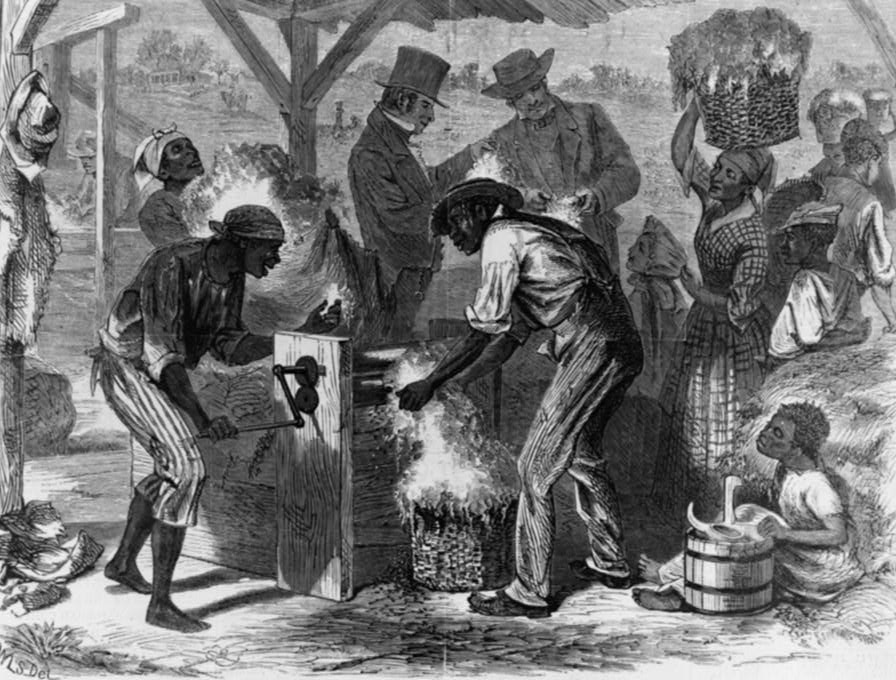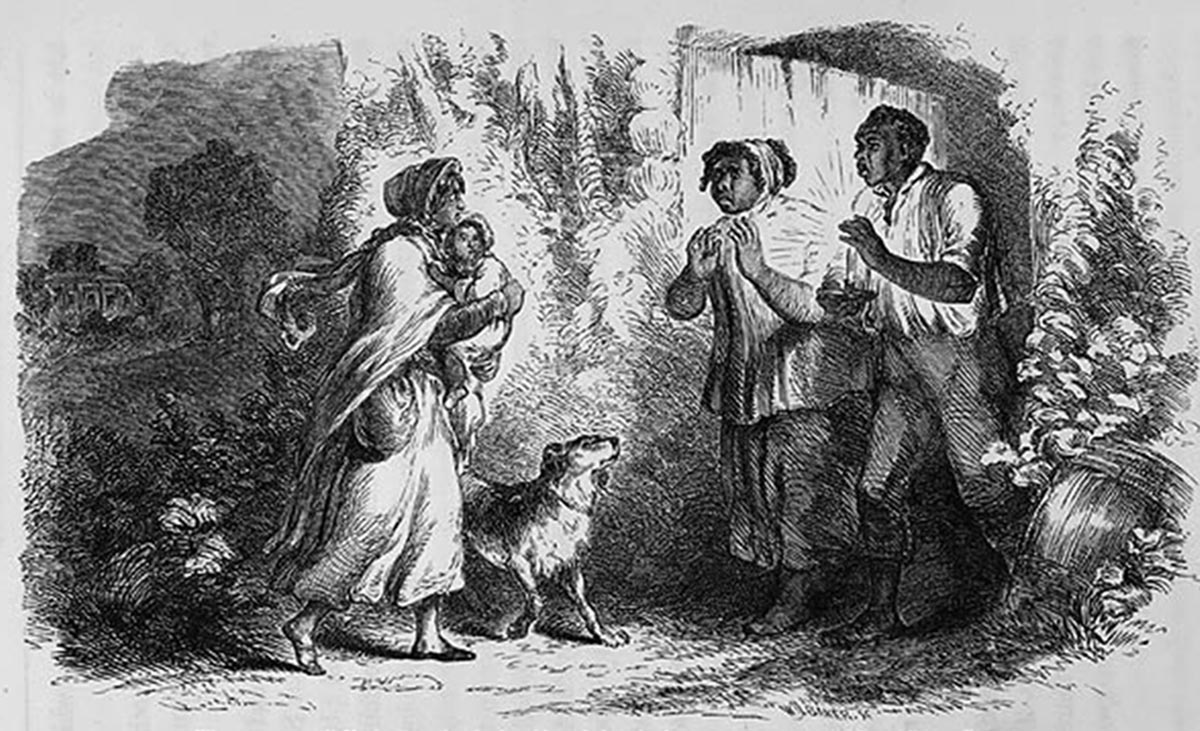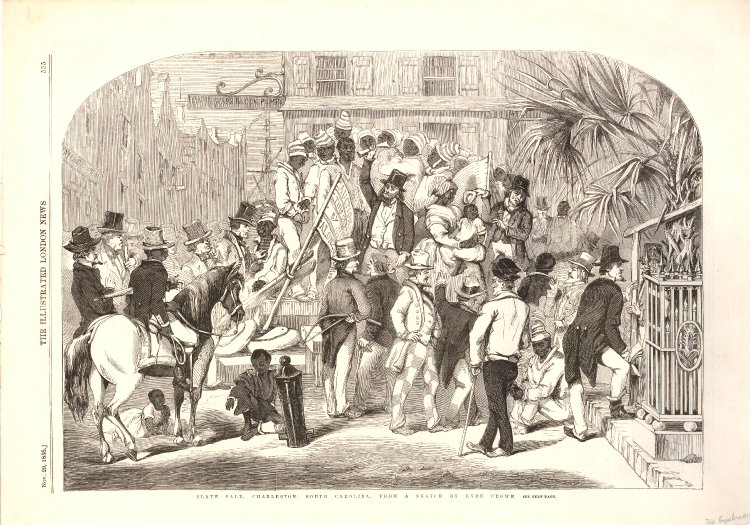Northern Support for Slavery Was Most Likely Based on
Resentment of plantation owners. States were deeply implicated in slavery and the slave trade right up to the war.

The Slave Economy Article Khan Academy
An entirely new form of the institution developed in the Mississippi Valley and Texas as the widespread adoption of the Cotton Gin during the 1830s.

. Example it was based on a fear of competition for jobs. A desire to weaken. Write a paragraph wherein you discuss the state of domestic tourism in South Africa.
A desire to weaken the south. From a theory about why the majority of people in caribbean Nations such as Haiti and Jamaica do not have any European ancestry while the majority of. A fear of competition for jobs.
Northern support of slavery was based on various things. Why did tension increase. Most of the Northern population believed that on moral and religious grounds slavery was an evil institution.
Resentment of plantation owners. Resentment of plantation owners Before the Second Great Awakening women were expected to. A central fact obscured by post-Civil War mythologies is that the northern US.
Philadelphia had about fourteen hundred slaves in 1767. The fear of competition for jobs. Slavery was legal and had been for 250 years.
The journeys of Yancey and Slidell show how hard it is to divide the United States simply into North and South slave and free. Economic ascent in the 19th century making the. Work in factories The Seneca Falls Convention was important because it.
The antebellum period 18201860 was filled with -isms. 1 on a question Northern support for slavery was most likely based on a. Fear of competition for jobs.
Rhode Island alone was responsible for half of all US. The number of slaves in the North fell rapidly in the 1760s and 1770s. Those in many Latin Americans and countries do.
Northern merchants profited from the transatlantic triangle trade of. Play supporting role in society the industrialization of the Northeast made it possible for women to. The slave trade in particular was dominated by the northern maritime industry.
It had been legal in every colony. There is no actual proof that the majority of non-slaveholding Southerners supported slavery. The reality is that the Norths opposition to slavery was based on political and anti-south sentiment economic factors racism and the creation of a new American ideology.
The mapslideshow above illustrates this process by showing. Most white Americans were ambivalent concerning slavery in the years before the outbreak of the Civil War. Only the extremes were actively pursuing abolition or defending race-based slavery.
Economy really is the engine behind the US. Religious doctrines and beliefs. American history has in a way been censored to forget this fact.
In 1775 it was home to just seven hundred slaves. Although often associated with the South slavery was part of Colonial life in the North as well. Fear of competition for jobs.
In the colonies north of Maryland slavery would eventually lose ground to free labor. These reasons were not based on the good of humanity but rather on self-gain. Lack of opposition does not necessarily constitute support.
Northern support for slavery was most likely based on. A desire to weaken the south. It took years of struggle hardship and frustration to end the institution of slavery in New York and this process was mirrored in most of the other Northern States.
The primary reason is the business of slavery was always more important in the North than slave labor itself and most Northerners are opposed to slaverys expansion not its existence. Resentment of plantation owners. The Northern economy was not based on slavery although the.
Californias application for statehood. Answer 1 of 4. How did ideas spread during the enlightenment.
Because the Southern States fought a war to preserve slavery the long and hard road to emancipation in the North has been overshadowed and forgotten. Moving on to the modern economy and cotton in the 19th century and how it transforms the US. By the 1850s slavery had become important to the whole US.
Northern support for slavery was most likely based on. Northern support for slavery was based on. Northern support for slavery was most likely based on A.
The Varieties Of Slave Labor Freedom S Story Teacherserve National Humanities Center

13 The Sectional Crisis The American Yawp
:no_upscale()/cdn.vox-cdn.com/uploads/chorus_asset/file/19099450/Screen_Shot_2019_08_23_at_10.34.58_AM.jpg)
How History Textbooks Reflect America S Refusal To Reckon With Slavery Vox

No comments for "Northern Support for Slavery Was Most Likely Based on"
Post a Comment